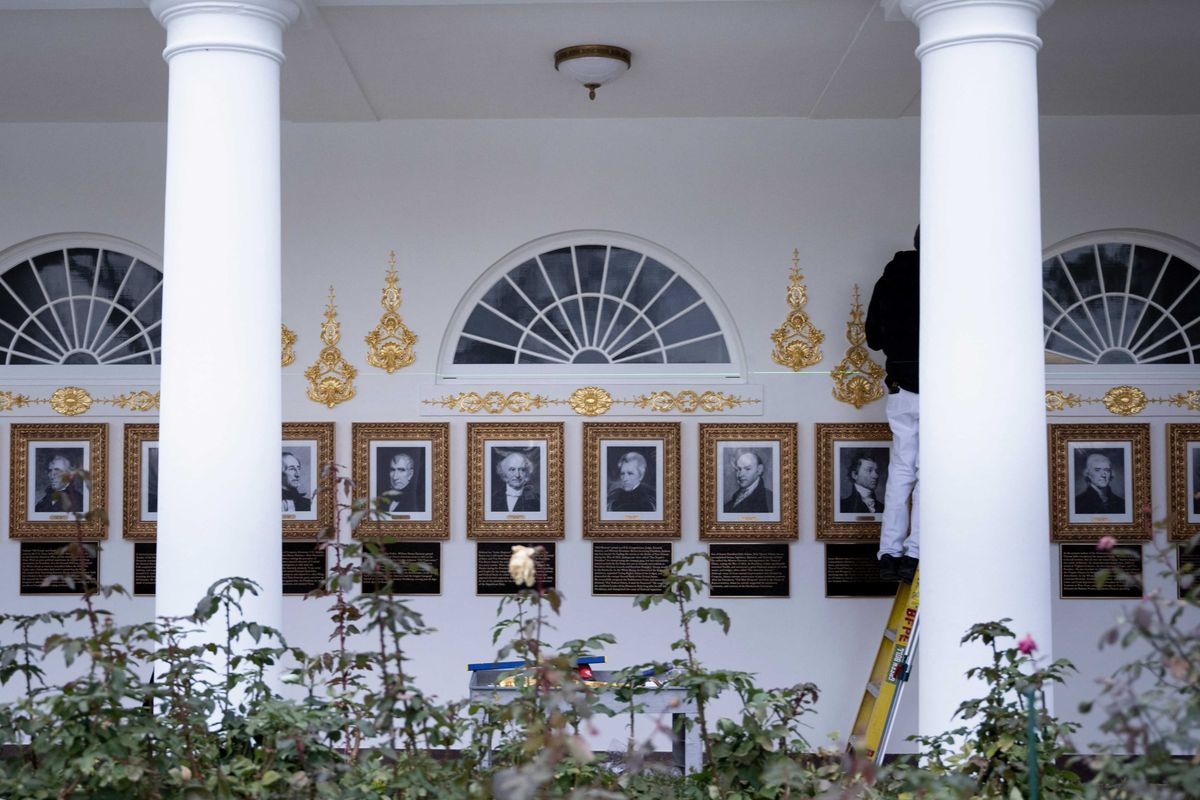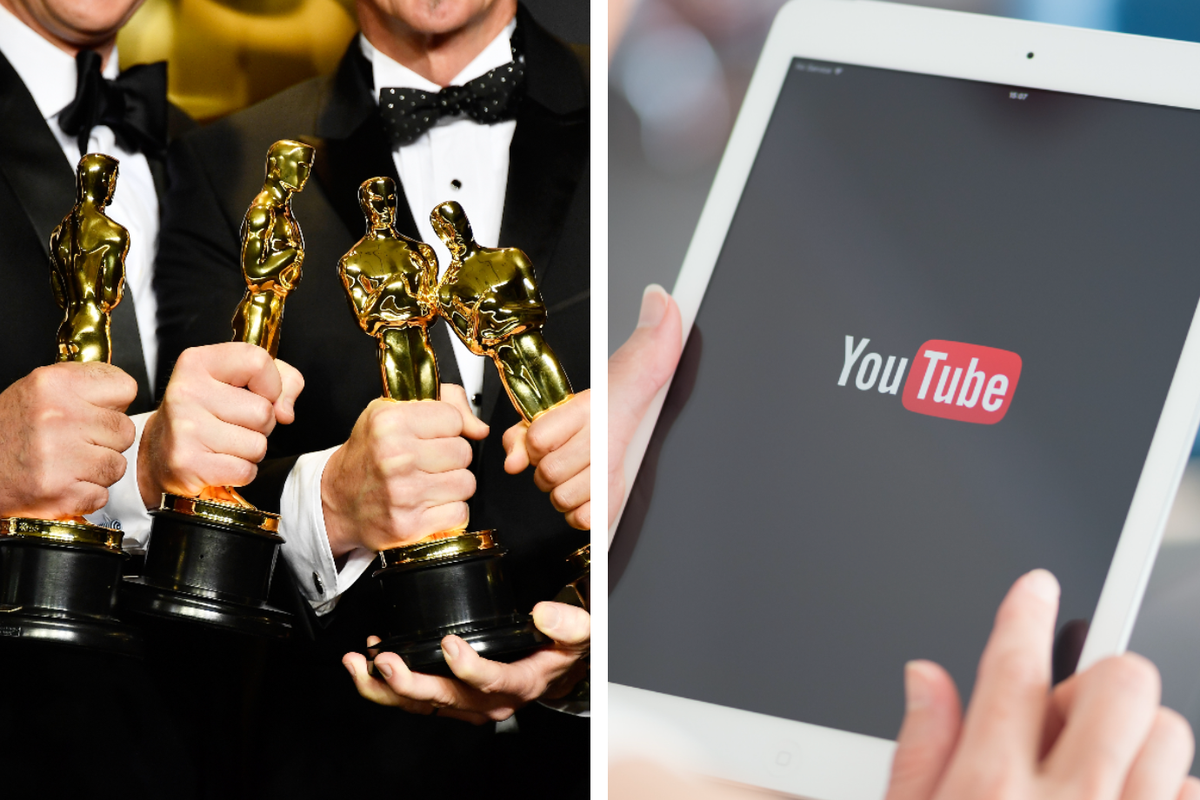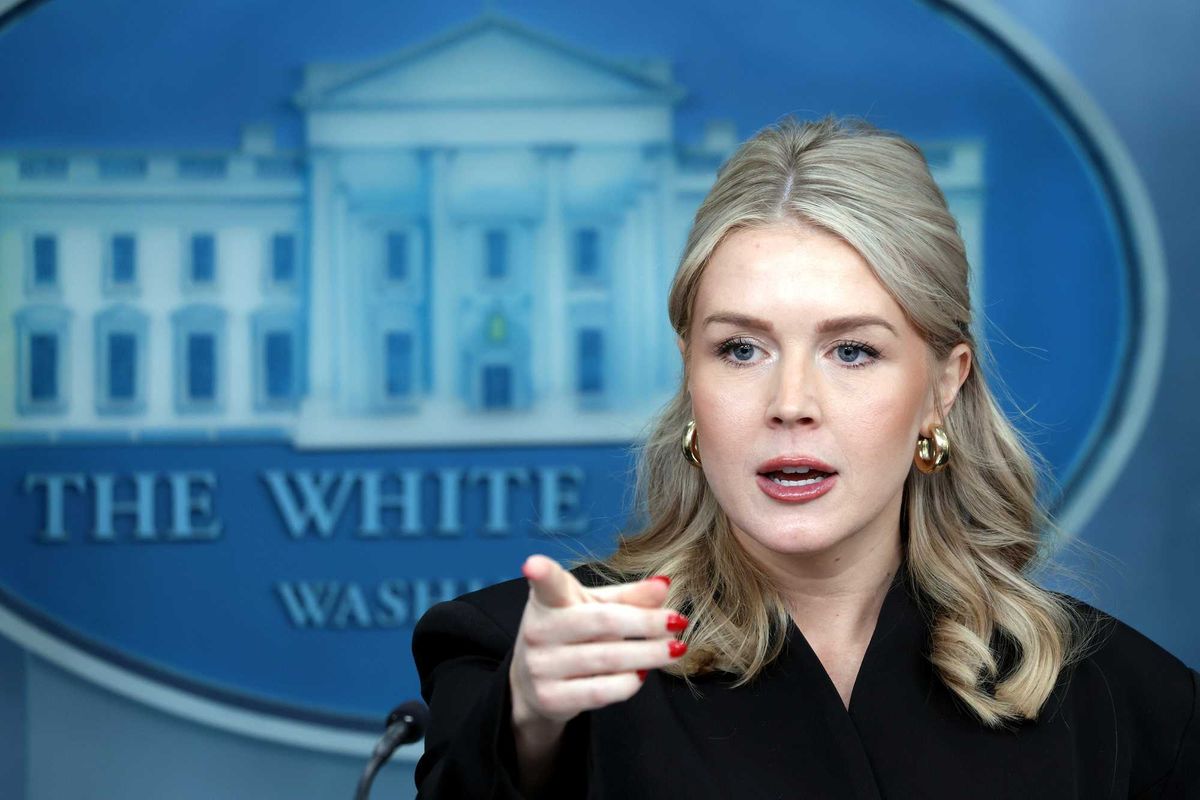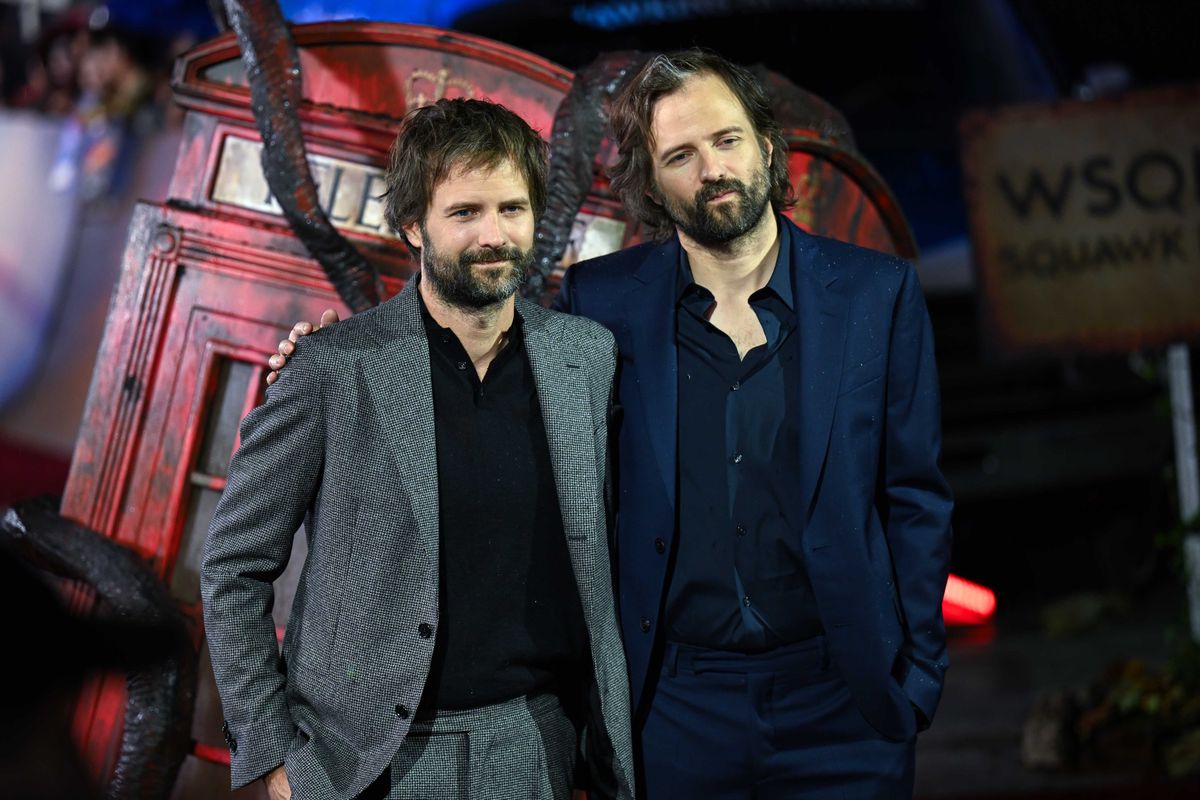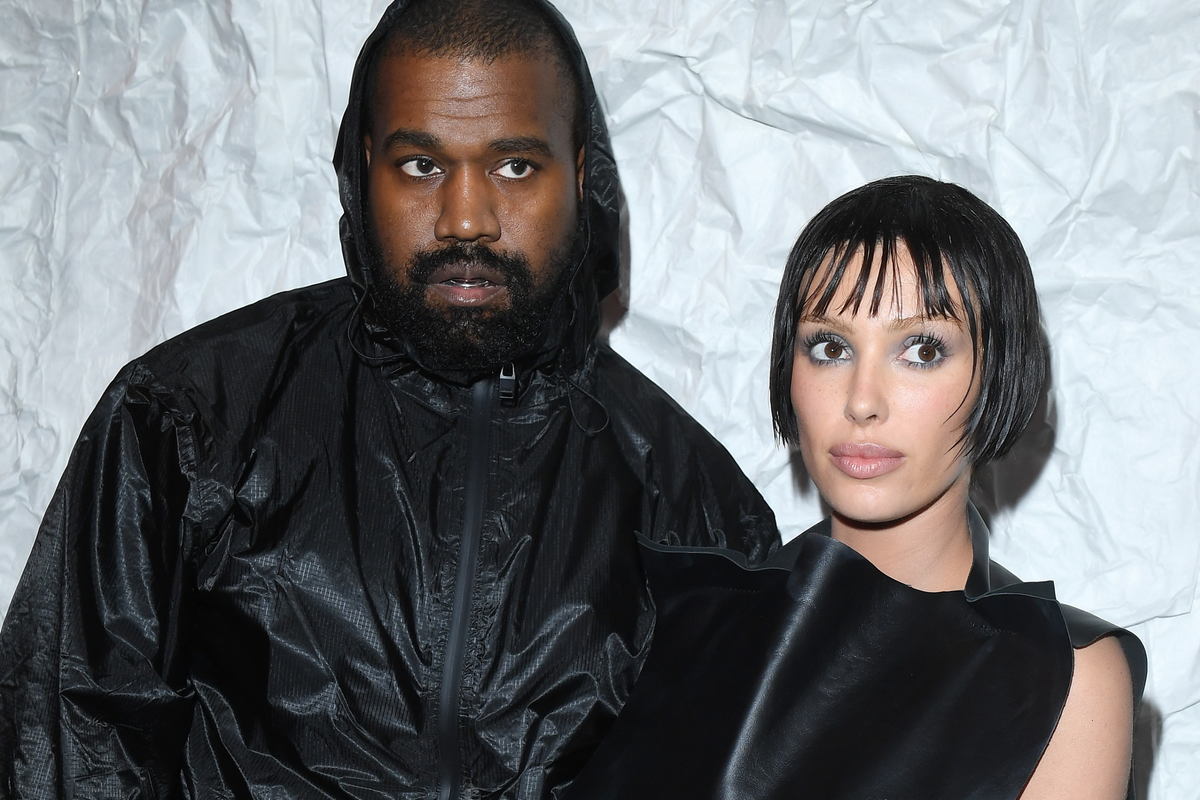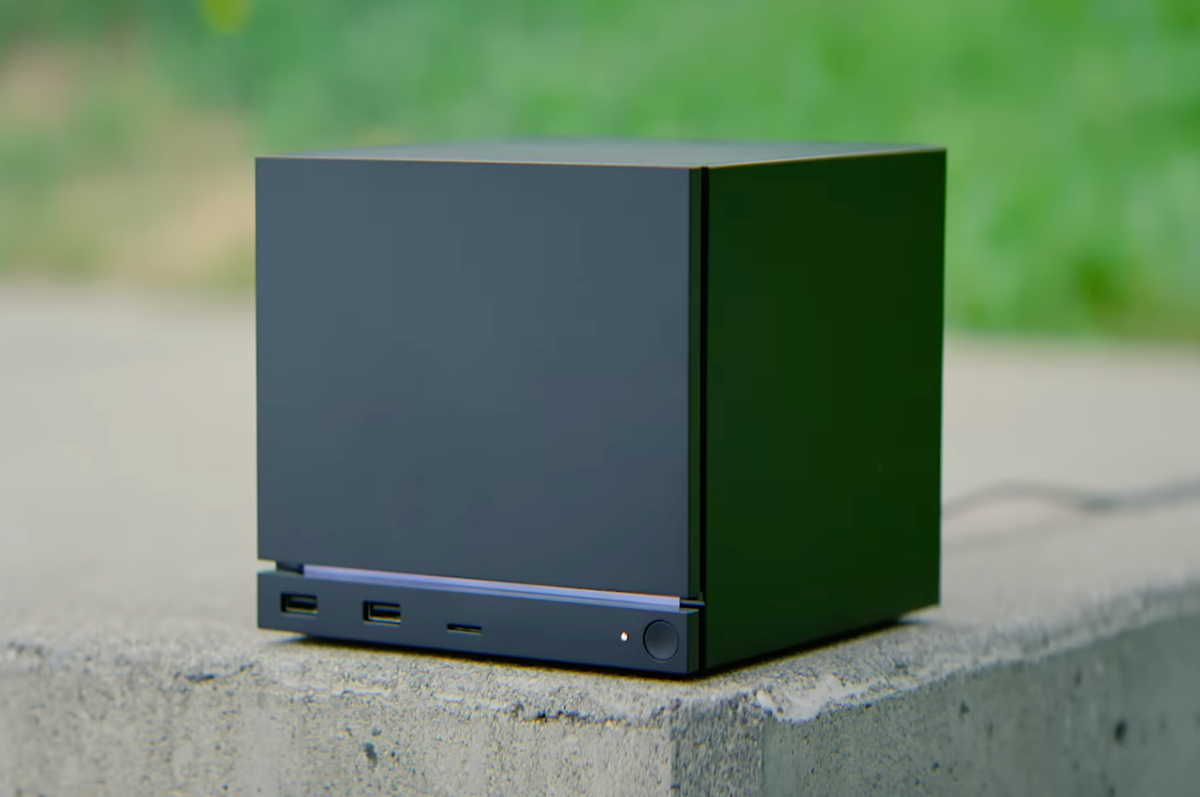News
Jake Hall
Apr 07, 2018
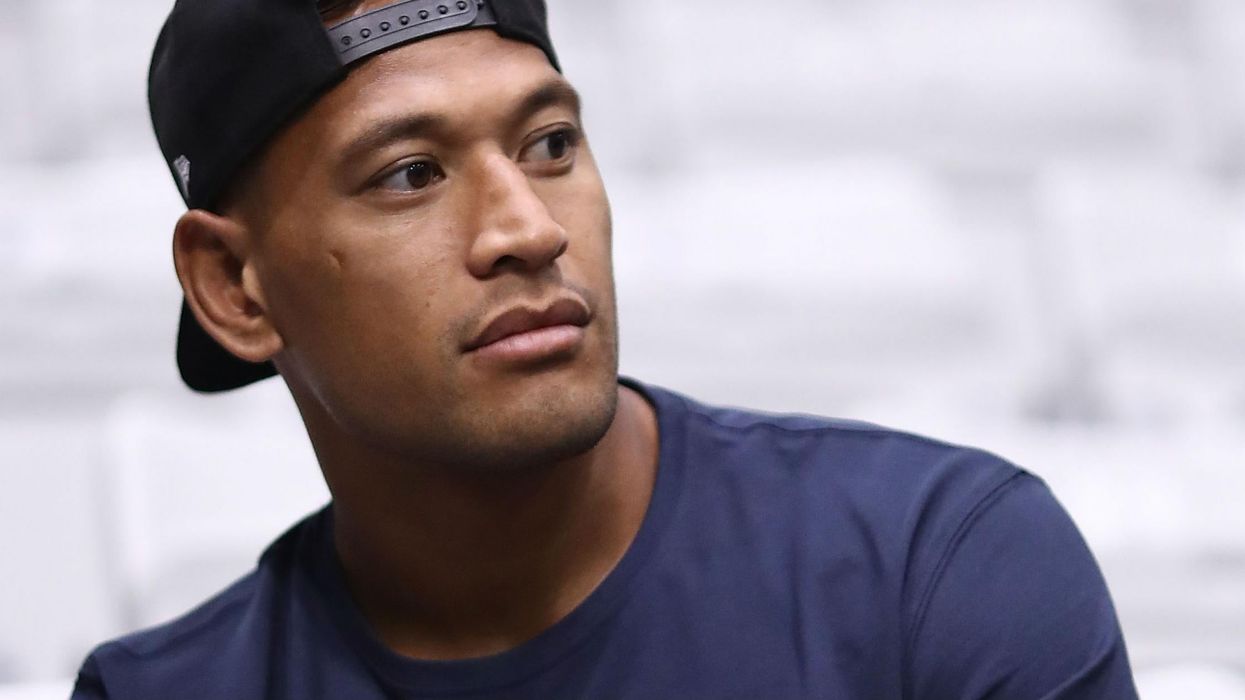
Picture:
Photo by Phil Walter/Getty Images
Israel Folau, a player for Australia’s national rugby union team, this week made headlines for a now-deleted Instagram comment in which he said that hell is “God’s plan for gay people… unless they repent their sins.”
It’s not the first time Folau’s anti-LGBTQ views have drawn controversy. Last September, he tweeted that he loves and respects all people, but wouldn’t personally support gay marriage.
But Elias Jahshan, a London-based editor, highlighted that Folau posed alongside teammate Adam Ashley-Cooper for the cover of LGBTQ magazine Star Observer back in 2014, when Jahshan was the editor of the publication.
In an email interview with indy100, he recalls the shoot being conceived as part of a media partnership between Star Observer and Bingham Cup, a gay rugby world cup tournament that takes place every two years.
It was a big deal at the time, as the Australian Rugby Union – as well as the peak bodies of Australia’s other major sporting codes – were making a concerted effort to combat homophobia and to make their sports more inclusive for players and spectators alike.
It’s worth pointing out that Rugby Australia maintains this stance, stating that it supports all forms of inclusion. Speaking to The Telegraph, Chief Executive Raelene Castle said bosses would be meeting with Folau to discuss the comments further, where a spokesperson for sponsor Qantas described Folau’s claims as "very disappointing."
Jahshan recalls that Folau was unavailable for interview at the photoshoot back in 2014, but that his teammate was willing to give quotes for a story. Ironically, in lieu of an actual interview, Bingham Cup did issue a similarly generic statement on behalf of Folau, stating that he was against all forms of discrimination.
Ultimately these claims are meaningless in the context of Folau’s recent outburst. More concerning is the fact that the player was seemingly fine with being featured on the front page of an LGBTQ magazine, as this symbolic stance in support of the LGBTQ community is ultimately worthless given his true feelings. Jahshan homed in on this performative allyship, stating:
It’s absolutely selfish of someone to use a platform or publicly show support for the LGBTQ community to further their own ambitions, or their ego, when they don’t actually do anything tangible to support us like a proper ally would.
It’s even worse when, like Israel Folau, [stars] do a complete 180 and turn against us after symbolically standing with us.
Jahshan believes that anyone strengthening homophobic rhetoric or discriminatory language should be held accountable. He did so himself this morning on Twitter, tagging Folau in a tweet calling him out for his comments. He was subsequently blocked.
Not only is this reluctance to engage in discussion frustrating, it sends a core message to fans and supporters of the Australian rugby team, known as the Wallabies. “The sport is a really big deal in Australia,” explains Jahshan, before highlighting that Folau's divisive stance is important in the context of his role as a national public figure and a role model to many.
Still, things at least seem to be improving in Australia more generally. A bill approving the legalisation of same-sex marriage was passed last year after years of fierce political debate and, as Jahshan recalls, a nasty postal survey which exposed “how much homophobia permeates society.” Ultimately, discrimination is about more than the use of slurs and the act of carrying out hate crimes – as Jahshan points out:
We have laws in place to ensure discrimination doesn’t happen but, when it comes to the actual culture of workplaces, sports and schools, or media coverage and the opinions of some politicians and columnists, homophobia still exists.
LGBTQ people have known that for years, but now there’s more awareness of it in mainstream society.
He points to inclusivity policies implemented by organisations like Pride in Diversity, an Australian non-profit whose AWEI (Australian Workplace Equality Index) exposes and aims to stamp out workplace discrimination. Jahshan also highlights the ongoing work of sporting organisations to make sports more LGBTQ-friendly – crucial work which he argues Folau’s comments, exemplary of “toxic masculinity at its worst”, have undermined.
The Australian Football League even created an annual ‘Pride’ game back in 2016, which will this year return for its third match. “That was phenomenal,” says Jahshan of the initiative which aimed to make games safer for LGBTQ fans.
Cloaking homophobia with religion is also misleading, states Jahshan, who says:
If he really is the true Christian man he purports himself to be, he wouldn’t be so selfish or divisive.
Nor would he carry that much hatred; it goes against Christian teachings and it’s a waste of energy.
LGBTQ people aren’t harming him in any way – I don’t understand why he seems to have a problem with us?
Despite Folau’s homophobic comments, it does at least seem that the sports industry more generally is working to become more LGBTQ-inclusive, whereas Rugby Australia’s distancing of itself from the comments hints at a refusal to allow these attitudes to remain without opposition. It is still, however, crucial to acknowledge homophobia when we see it and work to stamp out discrimination once and for all. As Jahnsan reiterates:
We can’t afford to be complacent.
More: Homophobic people have a higher chance of being gay, according to science
Top 100
The Conversation (0)
